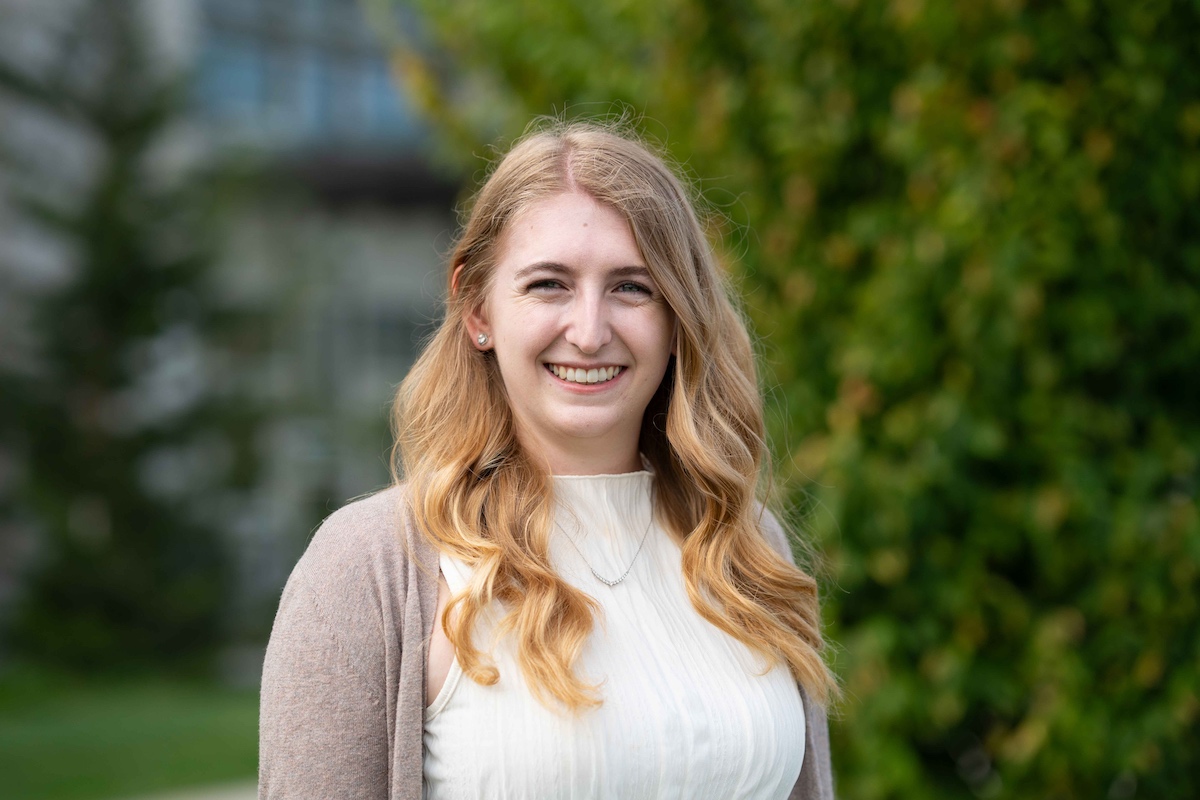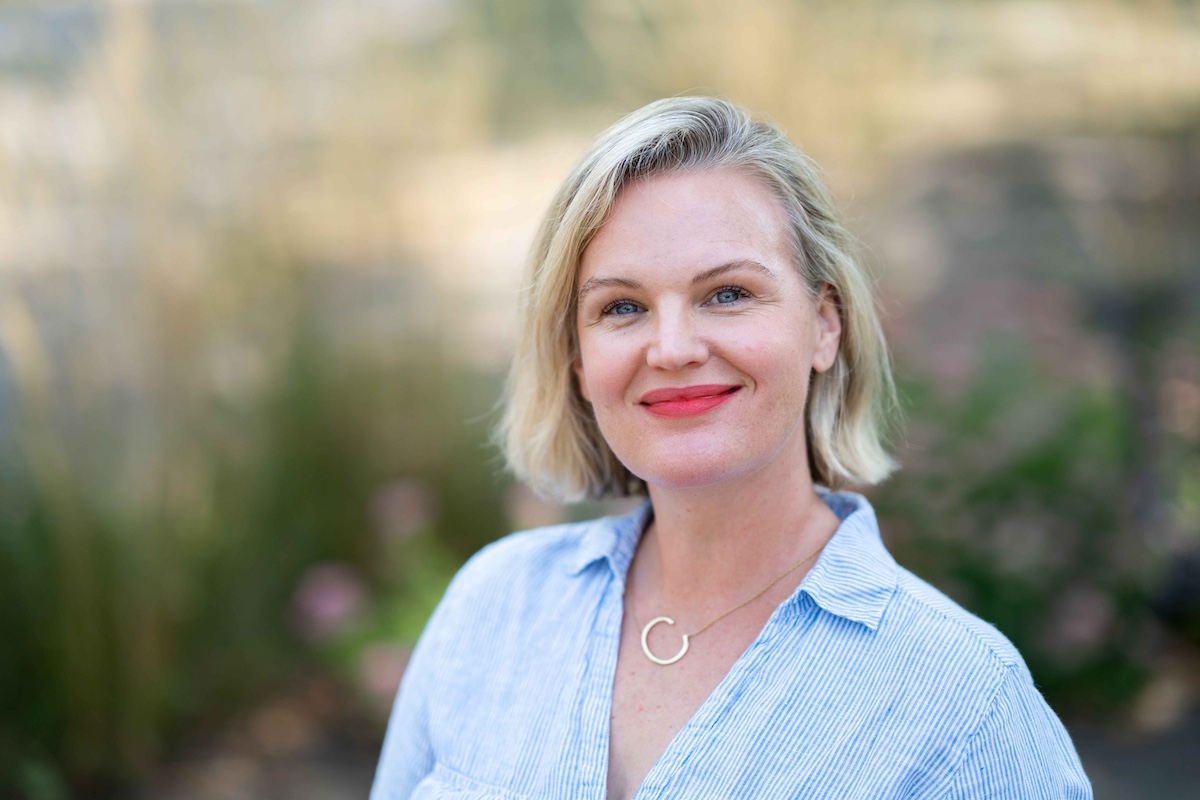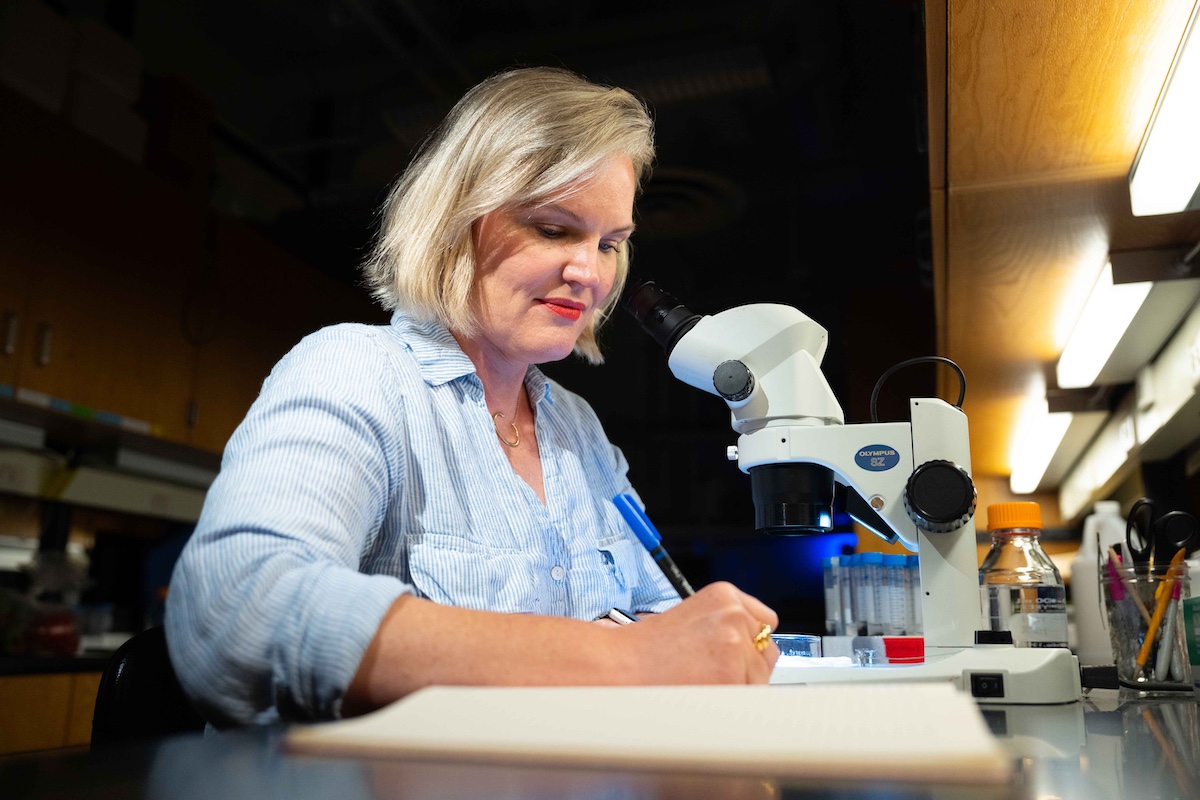Purdue researchers receive AFRI Predoctoral Fellowships from USDA NIFA
Purdue University’s Brittney Emmert and Christine Elliott have been awarded Predoctoral Fellowships from the Agriculture and Food Research Initiative’s (AFRI) Education and Workforce Development Program, a competitive research program within U.S. Department of Agriculture (USDA) National Institute of Food and Agriculture (NIFA).
USDA NIFA has invested $10.6M in the AFRI Predoctoral Fellowships to support the next generation of leaders in research, education and extension fields across food and agricultural sciences. The 2024 fellows are tackling critical 21stcentury agricultural challenges, including sustainable agricultural infestation, agricultural climate adaptation, food and nutrition translation, value-added innovation and leadership in agricultural science policy.
Brittney Emmert investigates keel bone fractures in cage-free laying hens
“In the poultry industry, we’re moving into cage-free systems, but the commercial laying hens – chickens that lay our eggs – are fracturing their keel bone. We’re assuming it’s from external trauma because chickens aren’t very good at flying, but they’re really good at falling,” Emmert explained. “There’s a new theory that these fractures actually might be from the act of laying eggs every day that’s causing loading stress on the internal side of the keel and breaking it from the inside out instead of the outside in.”
Researchers are currently testing various nutritional supplements and redesigning cage systems to minimize potential injuries in hens. However, a thorough understanding of the root cause is necessary for developing solutions.
With her fellowship funding, Emmert will simulate keel bone fractures in the lab and compare these with natural fractures in commercial chickens. Using keel bones from euthanized birds, she will apply a texture analyzer in three methods: externally, internally and with repetitive, lower-force applications to mimic the stresses of egg-laying. Emmert will then perform micro-CT scans and history analysis on the simulation and natural keel fractures to determine whether the internal stress theory is plausible.
Over her program, Brittney has developed relationships with industry partners and leveraged them as mentors to help explore numerous aspects of what she can do with her PhD upon graduation. Those attributes make her an ideal candidate for the fellowship.”
- Darrin Karcher, Emmert’s doctoral advisor and an associate professor in animal sciences
Christine Elliott explores advanced acoustic monitoring for insect biodiversity
“Insects are crucial to agriculture because they provide all these ecosystem services from pest control to nutrient cycling to pollination services. However, agriculture is one of the leading causes of staggering insect declines,” Elliott said. “Regenerative agriculture has emerged to help farmers continue to meet the growing global food demand, but its benefits to insects have not been fully explored as insect monitoring is really challenging, especially when using traditional methods. We advocate for the conservation of insects, but at the same time our current monitoring methods are killing thousands of them.”
While reading literature on acoustic monitoring in bird and marine mammal populations, Elliott found that researchers often encountered copious insect noises when analyzing their recordings. This suggests that acoustic monitoring could also offer a rapid, non-lethal method for tacking insect populations.
With her fellowship funding, Elliott will advance her research on applying acoustic monitoring to study insect populations in agroecosystem – an approach that has not yet been explored. Leveraging AI advancements and studying a neural network called BirdNET, Elliott hopes to train it to become BugNET. Once the monitoring method is established, her goal is to assess various agricultural practices – from conventional fields to regenerative and organic farms – within the Midwest identify practices that to maximize insect biodiversity.
These fellowships are highly competitive, as they fund individual students based on their work. It’s no surprise Christine was a recipient. She not only won the Frederick N. Andrews Fellowship for our college, but also has strong research experiences from the University of Hawaii. Her current research is very innovative – acoustic monitoring is really cutting-edge.”
- Ian Kaplan, Elliott’s doctoral advisor and professor in entomology









